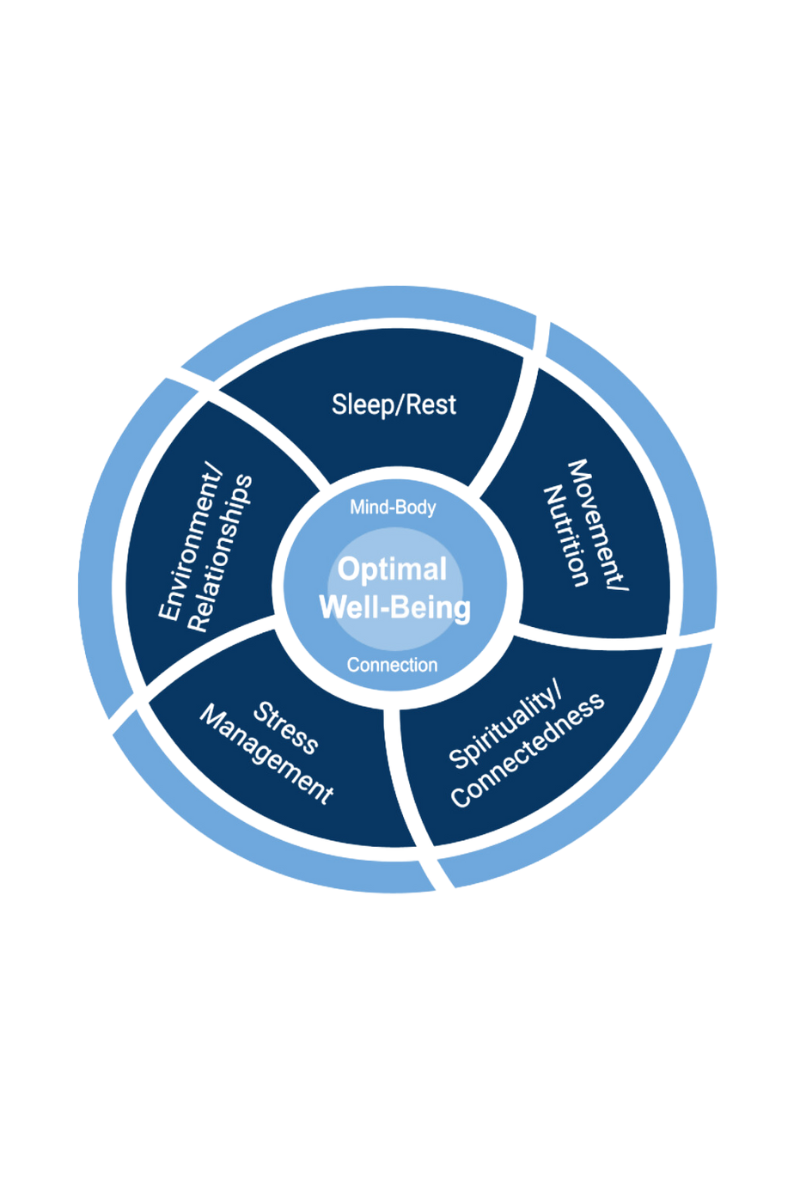
Why Health and Wellness Training is Beneficial for Employers
Employers who invest in health and wellness training for their employees can reap a wide range of benefits. From improved productivity and reduced healthcare costs to a more positive work environment and better employee retention, the advantages of health and wellness training are clear. By promoting healthy habits and providing employees with the knowledge and skills they need to take care of themselves, employers can create a culture of wellness that benefits everyone.



